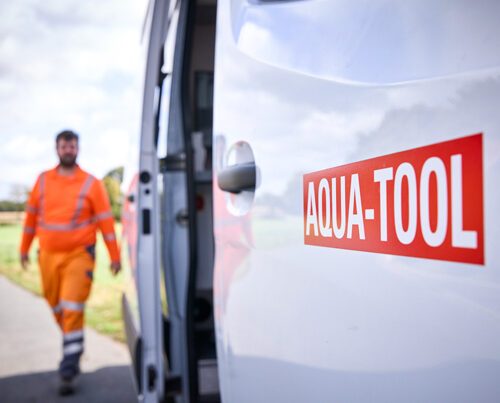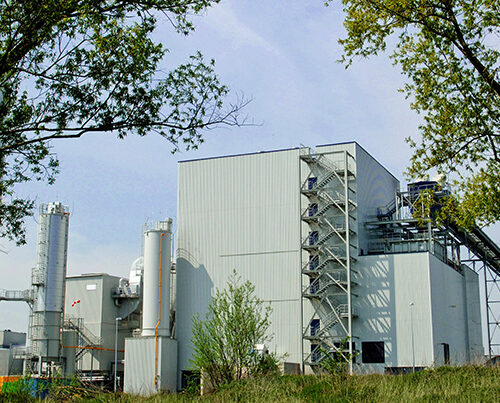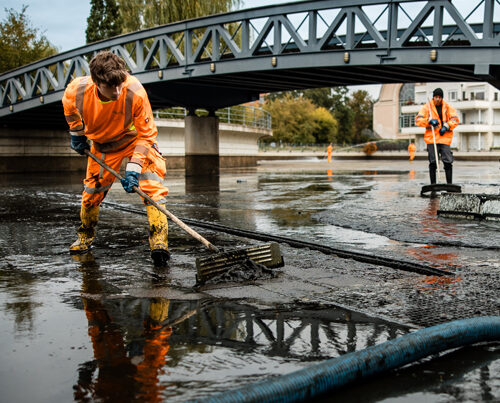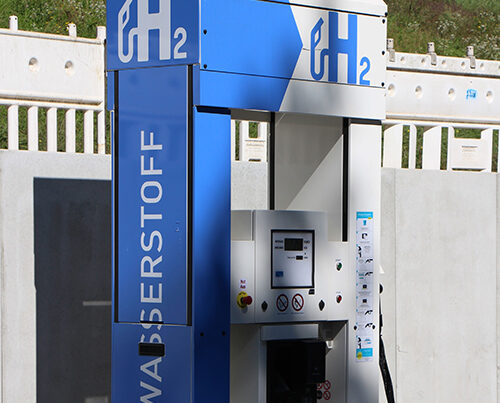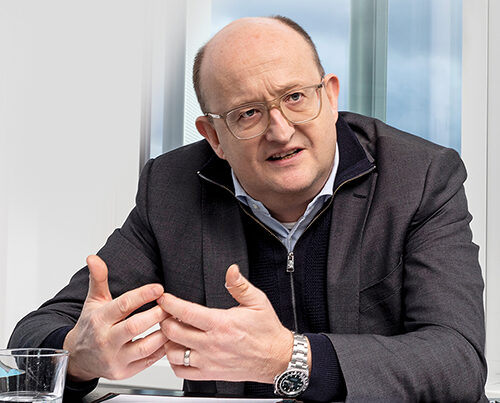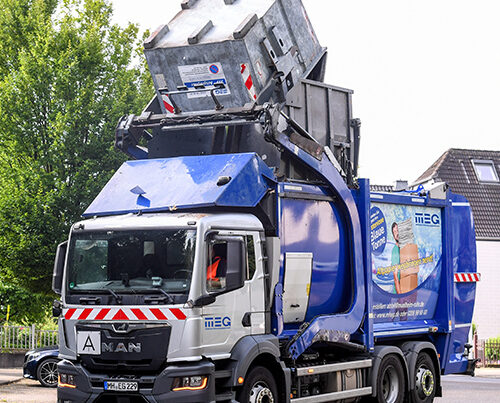The record-breaking summer of 2022 was hot
The summer of 2022 certainly packed a punch. In the future, this year may well be seen as a sea change – as the moment when it became clear that something had shifted and a response was needed. Looking at the statistics, the summer of 2022 had the greatest number of sunshine hours and was the driest and hottest summer since records began back in 1881. A whole number of records were toppled:
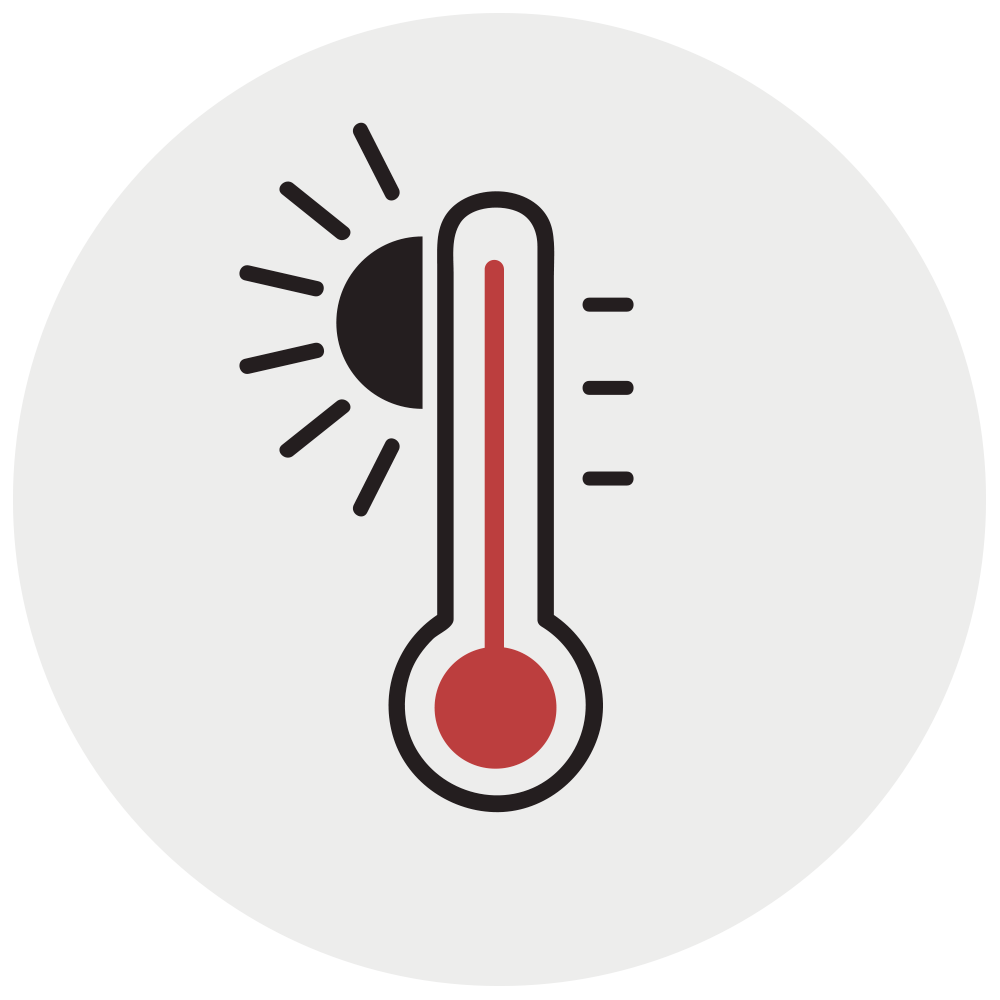
Average sunshine duration – lying at 820 hours – had never been so high.

With the average amount of rainfall being just 145 litres per square metre, the nominal rainfall rate was undershot by 40%.
The consequences of this were also impossible to ignore: unprecedented wildfire risks across much of Germany, record wildfires in Brandenburg, heat damage in an ever greater number of trees, drought damage on farms, low water levels, dried-up streams and rivers and, last but by no means least, the physical toll it had on the population.
Heat is exhausting for humans and nature
According to a study published by the Robert Koch Institute, the UBA [Federal Environment Agency] and the DWD [Germany’s National Meteorological Service], the high summer temperatures in 2018, 2019 and 2020 led to thousands of heat-related deaths. Even if the study does show that humans can, to a certain extent, adapt to heat, the researchers believe that these extreme heat events pose a serious risk to human health. People must change their behaviour to adapt to heat, such as increasing their liquid intake and staying in cool rooms.
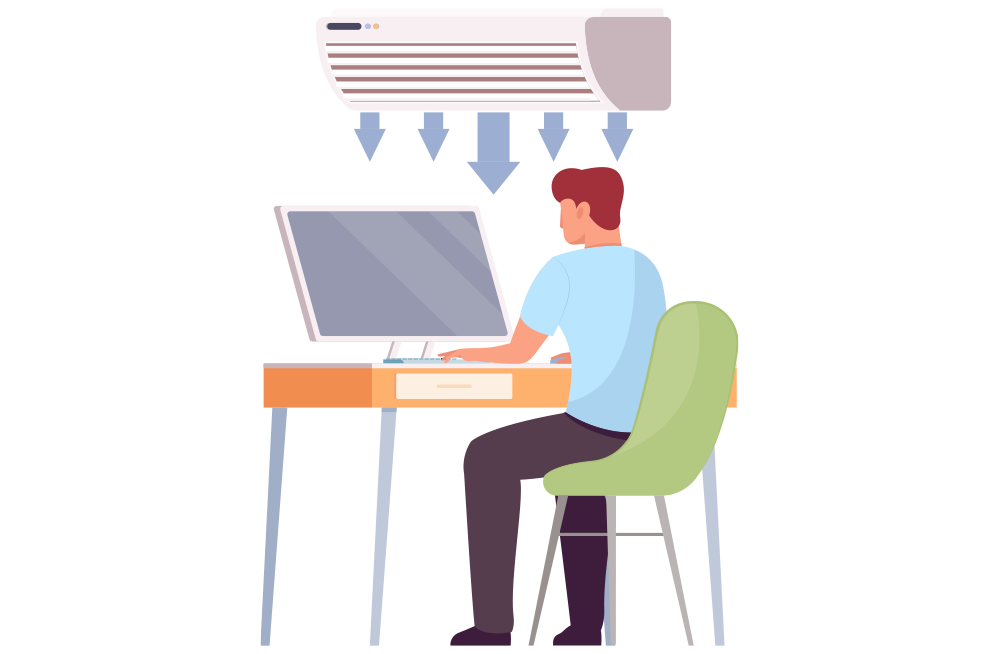
Action plans and measures taken by PPPs
It is the task of local councils to take measures to adapt to a heatwave – a task that is, to date, voluntary. Which is what often makes the financing of such measures difficult. According to a recent survey (KOMMUNAL 2022), around just 800 of the 11,000 local and regional councils in Germany have hired a heat manager. The measures that need to be taken during a heatwave range from actions that must be introduced at short notice (such as providing cool shelters, extending outdoor pool opening hours, offering more flexible working hours and air-conditioned offices) to those with a more long-term goal in mind (e.g. planting more trees in urban areas, setting up roof-top gardens and promoting green roofs and facades). REMONDIS’ public private partnerships (PPPs) help local councils to implement measures to counteract the heat and develop cities that are more climate stable – with their work and with their know-how. Here, three examples:
Measures in Oberhausen, Frankfurt and Lünen
The measures that need to be taken to counteract the impact of heat are as varied as the tasks and activities of REMONDIS’ 55 PPPs. We contacted three of them to find out how they coped: “Working on the trucks when it’s 40°C outside is certainly more tiring than when it’s cooler,” commented Karsten Woidtke, managing director of Wirtschaftsbetriebe Oberhausen (WBO) and responsible for the PPP’s operations. “We use a number of measures to make the working day more pleasant. For example, we bring forward the working hours so that the teams can start earlier in the morning. That has been welcomed across the board.” What’s more, all employees are supplied with drinks. The air-conditioning system at WBO’s head office is also being modernised. “Our air conditioning is currently being revamped and we’re looking at the possibility of installing solar panels on our roof so that we can become energy self-sufficient,” Woidtke continued, listing some of the steps the company is taking. Moreover, the company’s fleet is being expanded to include vehicles run on alternative fuels.

“Oberhausen’s city planners are also looking at ways to increase the number of green spaces in the city,” said Woidtke. And they are focusing on increasing the amount of water in the town by raising the streams and waterways back up again so that they flow through the town above ground.
WBO will be helping here to implement these plans. “Another very important point is the planned rainfall radar which is to be set up in the city centre to monitor heavy rainfall,” Woidtke explained. “And we are working with the local council at the moment to check the sewer network to see whether the pumping stations, retention reservoirs and embankments are intact and able to cope with the volumes of water should there be a heavy rainfall event.”
WBO (Wirtschaftsbetriebe Oberhausen) employs approx. 400 people and is responsible for waste collections, city cleaning, sewer and road construction and city drainage. WBO operates a fleet of around 170 vehicles and has its own large workshop.
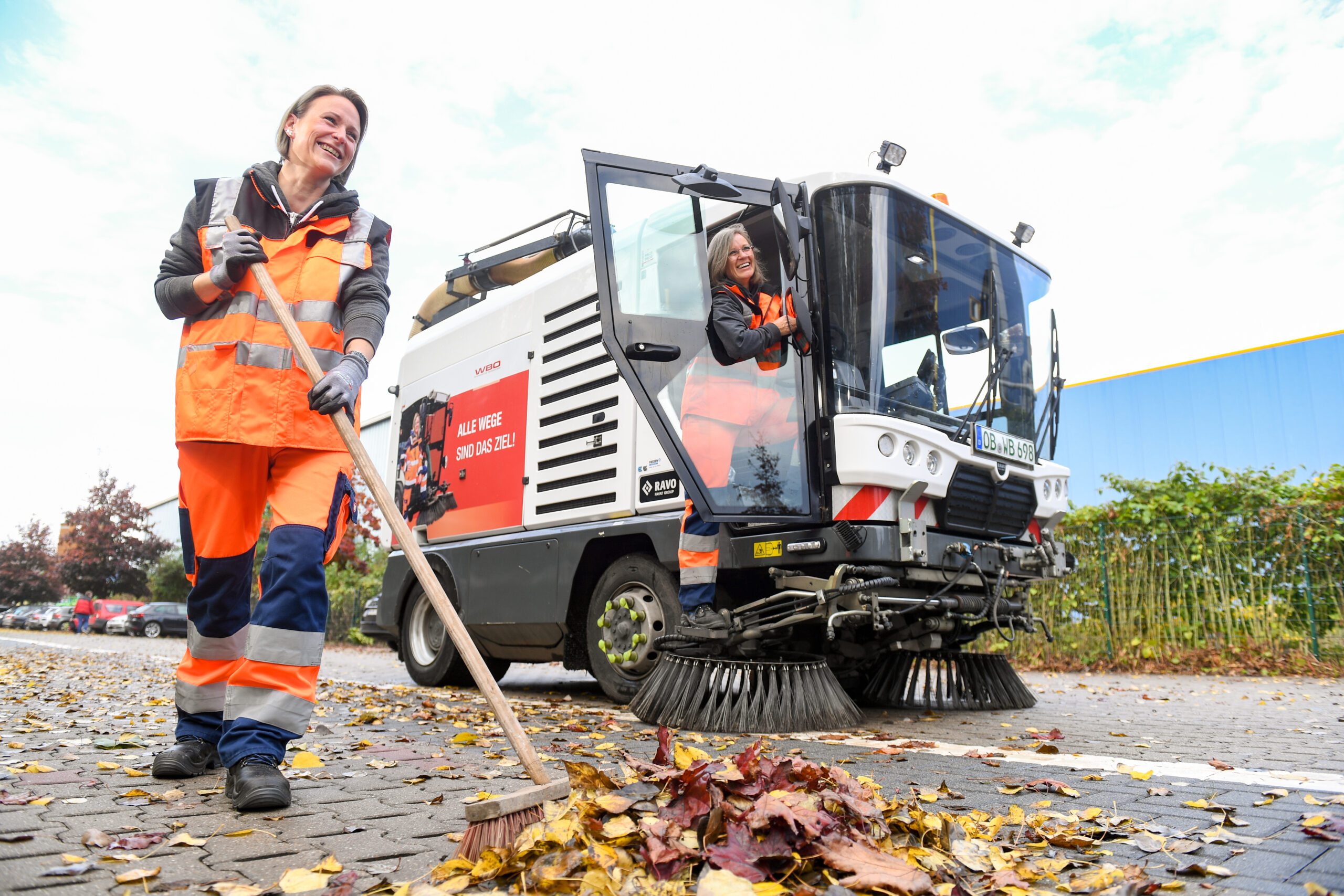

Frankfurter Entsorgungs- und Service GmbH (FES), the company responsible for waste management in the City of Frankfurt am Main, is also working on similar measures. “With the number of hot days rising all the time, we have been collaborating with our work safety department to develop a long-term solution that enables our operatives to start working earlier in the summer,” explained FES press spokesperson Stefan Röttele. This, however, won’t be easy looking at the local rules regulating noise control. The company is currently trying to persuade the City of Frankfurt, as the emissions authority, that exceptions need to be made for waste management and road cleaning – like those made in Essen or in the small neighbouring district of Bad Vilbel. Both cities have made it possible for working hours to be brought forward in the summer.
Faced with the changing framework conditions and a town growing hotter and hotter in the summer, one of the company’s tasks also involves watering the city’s young trees to ensure they survive the heat.
FES has used this as an opportunity to modify the vehicles normally used to clear the roads in winter. “We are currently carrying out a pilot phase to test a digital irrigation system for the town’s trees,” Röttele commented. “This involves us using sensors in the ground to measure soil temperature, soil moisture levels and the trees’ soil-water potential. The data is transmitted to our operations centre with the help of LoRaWAN wireless technology so that we are always kept up to date and can use this information to determine which trees need watering.”
You can find out more about the digital irrigation system here
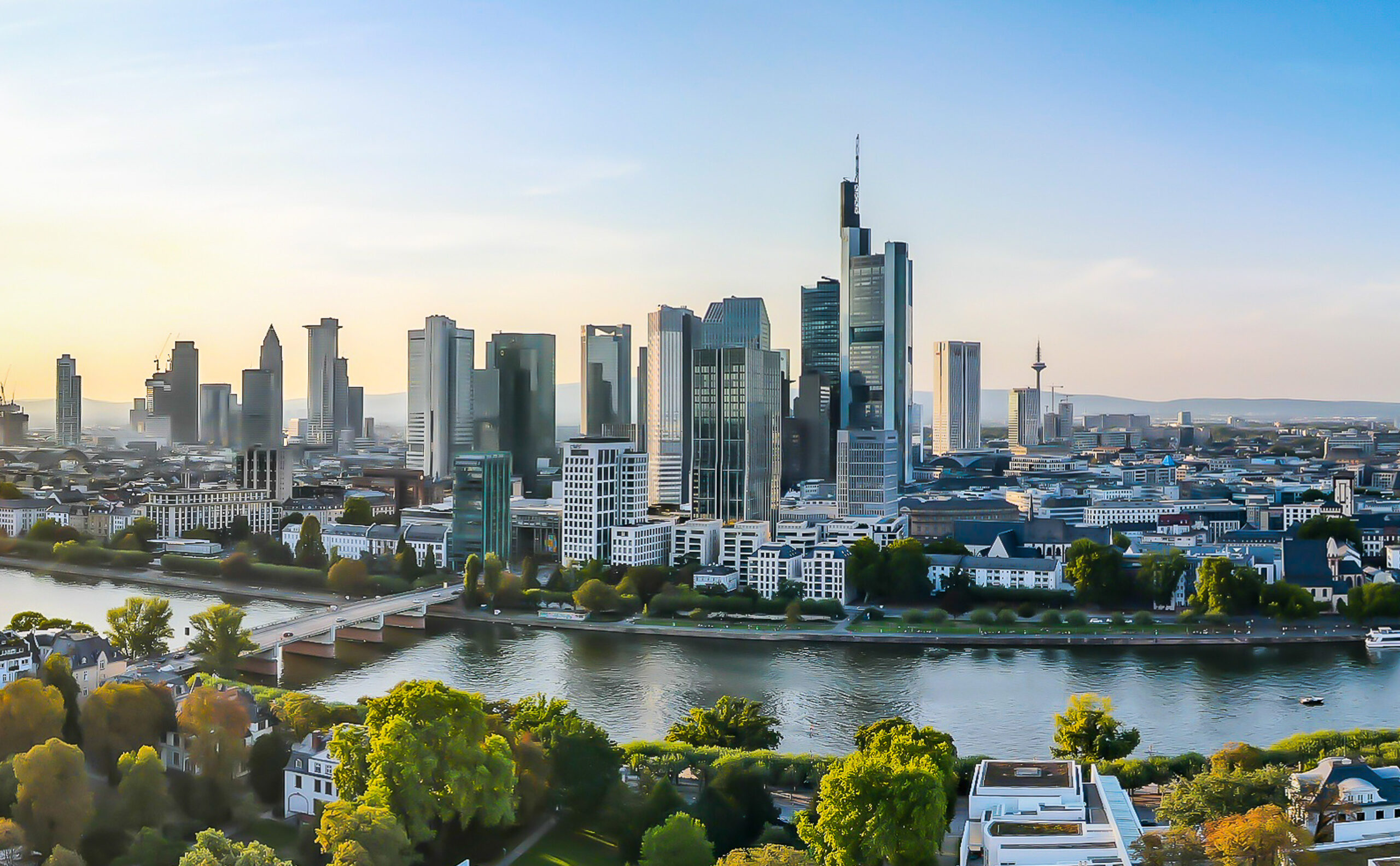
FES (Frankfurter Entsorgungs- und Service GmbH) is the largest PPP currently run by REMONDIS. This partnership between REMONDIS and the City of Frankfurt began back in 1995. Today, over 1,900 people work for FES, the largest waste management company in the Rhine-Main region offering waste management and cleaning services to local authorities, industry, trade, commerce and private individuals.
Everyday companions: drinks, sun screen and sun hats
Adapting working hours to the different seasons is something that is already quite normal at Wirtschaftsbetriebe Lünen (WBL) – especially when it comes to managing green spaces, cleaning the town and maintaining the roads. “Our teams begin work at 6.30am in the summer and at a later hour in the winter,” commented Stefan Jonic, one of the two managing directors at WBL. The teams are provided with sufficient supplies of drinks and sun screen. “We can’t force our employees to use them but we do offer advice and make them aware of just how important it is to use sun protection and headwear.” At the end of the day, the teams at WBL responsible for managing green spaces, keeping the town clean and maintaining the roads spend many hours in the open air every day.

‘Stressed’ trees and plants
“Another important task that we have to do is to look after the approximately 34,000 trees across the town,” Stefan Jonic explained. “We plant up to 400 trees a year and we use watering bags to provide them with the water they need during the first five years.” What was noticeable in the summer of 2022: the hot days and persistent drought meant that the trees were thirstier than ever. “In the past, we only needed one team to water the trees. This summer, though, we had to send out three teams to cope with all the watering and we’ve decided to invest in a further vehicle with a watering arm for next summer.” Moreover, WBL is also responsible for the town’s future green spaces. “We’ve been testing various plants this year to see which types of plant cope best with dry conditions and can best survive the town’s hot summers,” Stefan Jonic continued. Know-how that will benefit Lünen and optimise the quality of WBL’s work.
More tasks for the tree specialists
Trees are more important than ever for ensuring that towns have a healthy climate in the summer. They cool the towns down, capture CO2, supply oxygen and offer shade. Climate change, however, is making life very difficult for the more common types of trees found in towns, such as birch, beech, plane and chestnut trees. Trees react to a lack of water by shedding their leaves. “The leaf-clearing period is much longer than it used to be,” said Stefan Jonic. “Many trees began shedding their leaves in July during the summer of 2022, which meant that we had to send out teams to clear them away earlier than usual. The trees in the town, such as the 30-metre-high plane trees in Lünen, react to drought stress by thinning out their crowns. Tall trees discard relatively thick branches from a great height – a risk for pedestrians, vehicles and buildings. “Our tree specialists check the trees throughout the year and let us know which ones need to be cut back or even felled. The number of such trees is growing all the time and this is a subject that will become ever more acute.”
WBL (Wirtschaftsbetriebe Lünen) works together with the City of Lünen and is responsible for managing waste, cleaning the town, managing the green spaces and maintaining the roads. 230 people work for WBL. It operates a fleet of 90 vehicles.

A look ahead
Hot days, droughts and sun exposure are all subjects that will become ever more important over the coming years as the impact of climate change takes hold. Looking back, the summer of 2022 will probably be seen as a sea change. “With climate change as it is, what we experienced this summer will probably soon be just a normal summer,” commented Uwe Kirsche, press spokesperson of the DWD having made his initial evaluation of the results coming in from the 2,000 weather stations located across the country. A greater number of measures and more complex measures will have to be taken to protect towns against heat and drought to ensure that towns remain liveable spaces.
The principle of public private partnerships (PPP) has been around for over 100 years now. It is, however, by no means old hat. In fact, as far as sustainability is concerned, PPPs can create a whole host of advantages and enable local authorities to access resource-saving systems that would otherwise remain beyond their reach. For example a network of over 250 treatment and processing facilities – and the high quality recycled products resulting from these – as well as water processing systems. REMONDIS currently owns a share in around 55 joint operations.
Image credits: Image 1: Adobe Stock: Chinnapong; image 2: Freepik: rawpixel.com; image 3: Freepik: macrovector; image 4: REMONDIS; image 5: Adobe Stock: Mario; image 6: REMONDIS







